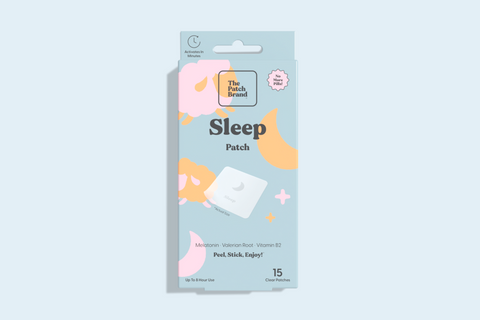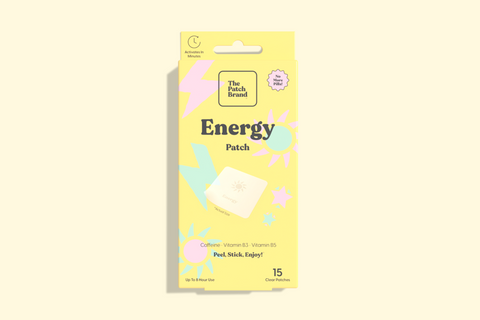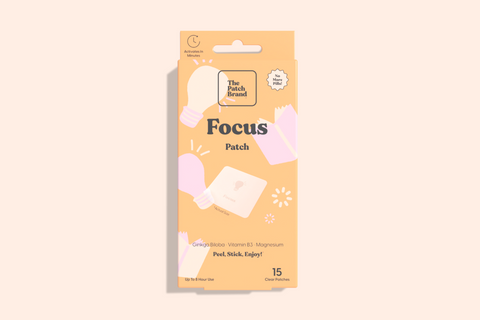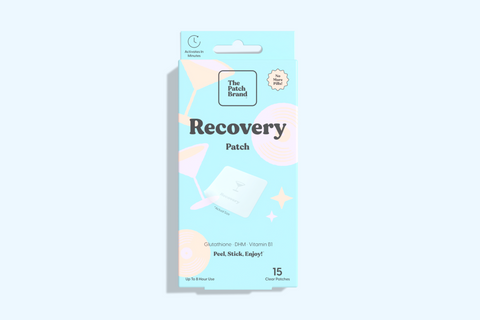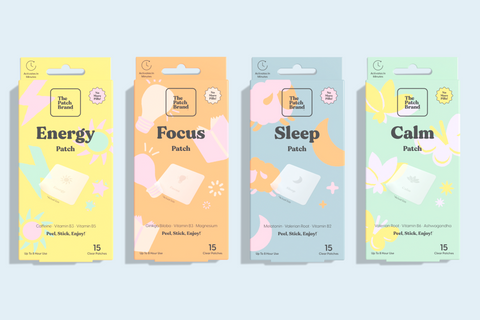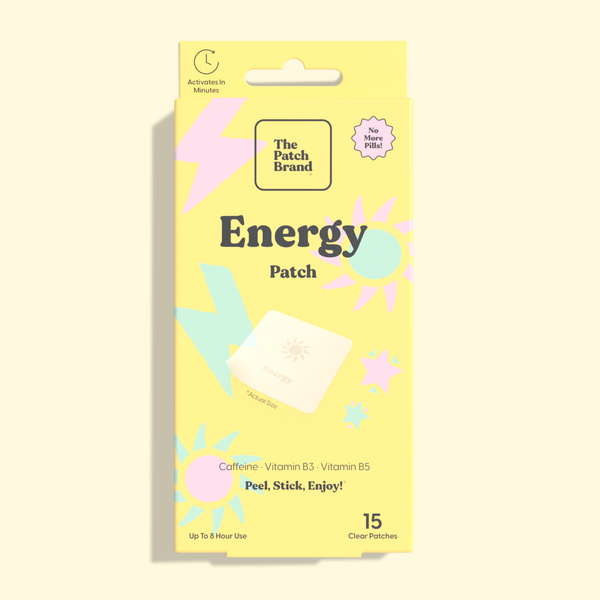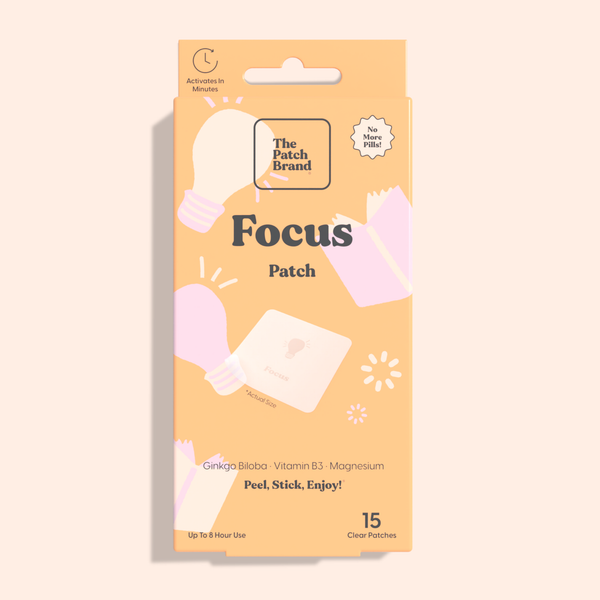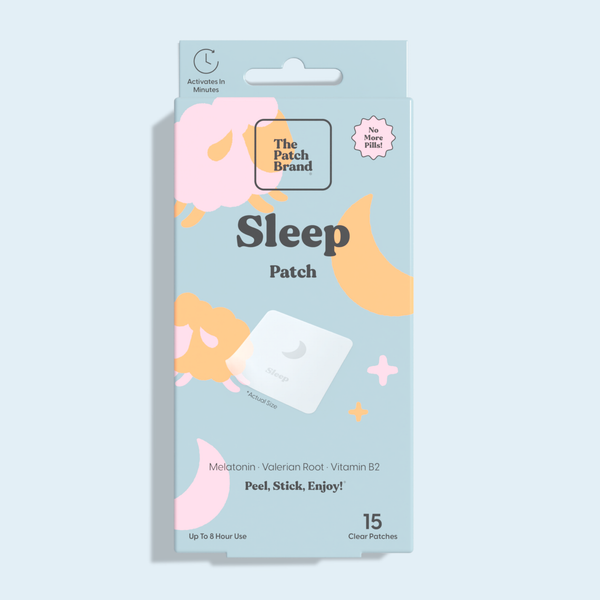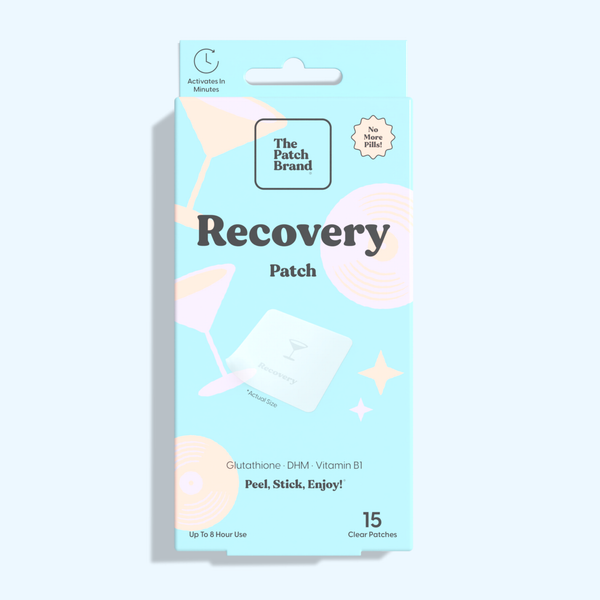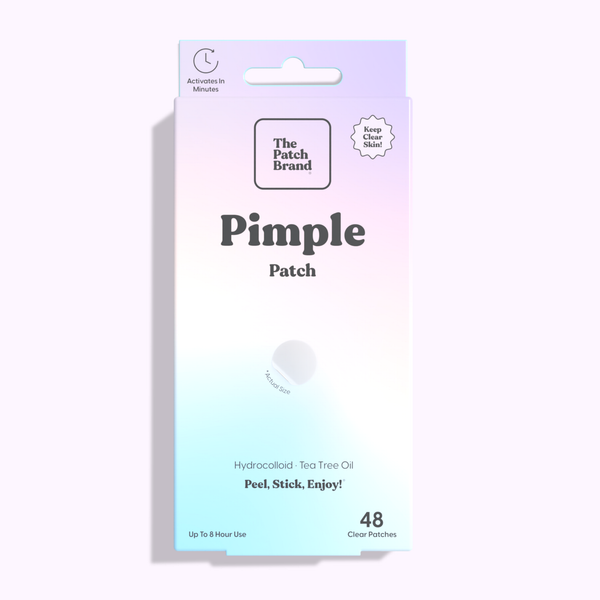The human body has a built-in clock known as the circadian rhythm that regulates the sleep-wake cycle. This rhythm is responsible for the release of hormones, including
melatonin, that regulate our body's internal processes. However, modern lifestyles can interfere with the natural sleep-wake cycle, leading to a variety of health problems. In this blog post, we will explore the
benefits of melatonin and how it can be used to regulate the body's circadian rhythm.
What is Melatonin?
Melatonin, a critical hormone synthesized in the pineal gland, a tiny structure deep within the brain, plays a pivotal role in regulating sleep. The synthesis and release of melatonin are tightly controlled by the circadian rhythm, the body's internal clock that governs the natural cycle of sleeping and waking hours. This rhythm ensures that melatonin production peaks during the night, particularly in response to darkness, promoting feelings of sleepiness. As daylight emerges, melatonin levels sharply decline, signaling the body to wake. This natural ebb and flow of melatonin are crucial for maintaining consistent sleep patterns and overall health. Beyond its primary function in sleep regulation, melatonin has several other physiological roles. It acts as a powerful antioxidant, helping to protect cells from oxidative damage.
Factors such as age, stress, and shift work can affect the body's natural production of melatonin. Melatonin aid can help to regulate the body's circadian rhythm and improve sleep quality.
How Melatonin Regulates Circadian Rhythm
It plays a crucial role in regulating the body's circadian rhythm. The circadian rhythm is a 24-hour cycle that governs the body's biological processes. Melatonin is released in the evening when it gets dark, signaling the body to prepare for sleep. This process is crucial for maintaining healthy sleep patterns, and melatonin supplements can aid in this process. Melatonin supplements can be used to regulate sleep-wake cycles, and they are available in various forms, including a
melatonin patch.
Benefits of Regulating Your Circadian Rhythm
Maintaining a healthy circadian rhythm has numerous melatonin benefits, including better quality sleep, improved mental health, enhanced immune function, and a lower risk of chronic diseases. Improved mental health is another benefit of regulating the circadian rhythm, as sleep plays a vital role in maintaining good mental health. Regulating the circadian rhythm can also lower the risk of chronic diseases such as diabetes and heart disease.
Tips for Naturally Boosting Melatonin Production
There are several strategies for naturally boosting melatonin production and can significantly improve sleep quality. Below, we delve into some effective strategies that can help increase this essential hormone, enhancing our ability to fall asleep naturally and maintain a healthy sleep rhythm:
-
Daylight Exposure: Achieving optimal melatonin levels can be greatly assisted by regular exposure to natural sunlight. The body's circadian rhythm, responsible for regulating our sleep and wakefulness, is highly responsive to light. Exposure to sunlight during the day helps enhance this rhythm, which in turn promotes the secretion of melatonin in the evening. For effective results, it is recommended to spend at least 30 minutes under direct sunlight daily. In regions with limited natural light, using a light therapy box can be an effective alternative, simulating sunlight and supporting the body's circadian rhythm for improved melatonin production.
-
Minimize Blue Light: In the digital age, our exposure to blue light, especially in the evening, can disrupt melatonin production and interfere with our sleep patterns. Devices such as smartphones, tablets, and laptops emit a substantial amount of blue light, which can suppress melatonin levels and delay sleep onset. Utilizing blue light filters on screens or wearing blue light-blocking glasses in the evening can mitigate this effect. Additionally, enabling night mode on devices, which reduces blue light emission by altering to warmer tones, and establishing a no-screen policy an hour before bed can further aid in maintaining healthy melatonin levels for better sleep.
-
Consistent Sleep Routine: Establishing and maintaining a consistent bedtime routine is crucial for optimizing melatonin production and ensuring restful sleep. Consistency in sleep and wake times, even on weekends, helps to stabilize the body's internal clock, reducing the effort needed to fall asleep and wake up. Incorporating calming pre-sleep rituals such as reading a book, listening to soothing music, or practicing relaxation techniques can prepare the body for sleep, signaling that it is time to wind down and boost natural melatonin secretion.
-
Manage Stress: High-stress levels can severely disrupt the body’s natural ability to produce melatonin. Engaging in stress-reduction activities like yoga, meditation, or deep breathing exercises can significantly decrease cortisol levels, the body’s primary stress hormone, thus enhancing melatonin production at night. Establishing a routine of these practices not only aids in reducing stress but also improves overall emotional health, making it easier to achieve a relaxed state conducive to sleep.
-
Dietary Adjustments: What we consume can directly affect melatonin levels. Incorporating foods high in tryptophan, magnesium, and vitamins B6 and D can promote the production of melatonin. Tryptophan, a precursor to melatonin, is found in proteins like turkey and chicken, as well as in grains like oats. Magnesium, which assists in muscle and nerve relaxation, is abundant in nuts like almonds and leafy greens such as spinach. Eating these foods as part of your evening meal can help naturally boost melatonin levels and enhance overall sleep quality.
-
Cool and Dark Sleep Environment: The quality of the sleep environment is paramount in fostering good sleep. The ideal bedroom setting for optimal sleep should be cool, quiet, and dark. Employing blackout curtains can prevent external light sources from disrupting sleep while maintaining a room temperature between 60-67 degrees Fahrenheit encourages a decrease in body temperature, a signal for the body to initiate sleep. Furthermore, reducing ambient noise and other distractions can also help create an environment that supports uninterrupted and restful sleep.
By adopting these strategies, we can enhance our body’s natural ability to produce melatonin, leading to better sleep quality and improved overall health. Implementing these adjustments requires commitment and consistency, but the benefits to sleep and well-being are substantial and well worth the effort.
Risks and Precautions
While melatonin is generally considered safe, it is important to fully understand the potential side effects, necessary precautions, and specific considerations for its use. These aspects ensure that melatonin is used safely and effectively, maximizing its benefits while minimizing any risks. Below, we detail each key consideration:
-
Side Effects: Although melatonin is typically considered safe, it is not without potential side effects, which may include dizziness, headaches, and nausea. These side effects are generally mild but can significantly interfere with daily tasks such as work, school, or driving. Dizziness may impair a person’s balance and focus, headaches could reduce productivity and the ability to concentrate, and nausea can make it difficult to participate in everyday activities.
-
Consultation: It is crucial to consult with a healthcare professional before starting melatonin supplementation. This consultation ensures that melatonin does not negatively interact with other medications or worsen pre-existing health conditions. Healthcare providers can offer personalized advice tailored to the individual's specific health profile, including their current medications, medical history, and overall health objectives. This proactive approach helps to prevent adverse effects and enhances the benefits derived from melatonin, ensuring it aligns with the user’s health goals and needs.
-
Safety Precautions: Melatonin users should be cautious about engaging in activities that require alertness, such as driving or operating machinery, after taking the supplement. The sedative effects of melatonin can significantly diminish alertness and slow reaction times, increasing the risk of accidents. Additionally, combining melatonin with alcohol can intensify these sedative effects, potentially leading to greater impairment. To avoid such risks, users are advised to refrain from consuming alcohol when taking melatonin and to be mindful of their capability to perform demanding tasks.
-
Dosage Control: Overuse can lead to tolerance, necessitating higher doses to achieve the same sleep-inducing effects, which might disrupt hormone balances and adversely affect other physiological functions like metabolism and reproduction. It is important for users to adhere to dosage recommendations from healthcare professionals and to be vigilant for signs of tolerance, adjusting their intake as needed to maintain safety and efficacy.
-
Age Considerations: The appropriateness of melatonin use varies significantly across different age groups. Particularly, children and the elderly should use melatonin strictly under medical supervision. Older adults may be more sensitive to the effects of melatonin, while children's developing bodies might react differently.
-
Duration of Use: The long-term implications of using melatonin are not yet fully understood, which leads to recommendations for its use on a short-term basis. Generally, melatonin is advised for temporary sleep disturbances rather than as a long-term remedy. Extended use without medical guidance could mask underlying conditions that affect sleep or result in dependency.
Understanding these key considerations for melatonin use is crucial to ensure its efficacy and safety, ultimately contributing positively to one's health and well-being. By being informed about potential side effects, the importance of consulting healthcare professionals, adhering to recommended dosages, and considering the specific needs of different age groups, individuals can optimize the benefits of melatonin while minimizing risks.
Melatonin Patches for Sleep
Melatonin patches are an effective way to aid in the regulation of the circadian rhythm. These patches are designed to be worn on the skin and release melatonin throughout the night, helping to regulate the sleep-wake cycle. The patches are a convenient alternative to traditional melatonin supplements and can be used by those who have trouble swallowing pills or prefer a more natural approach to sleep aid.
Sleep Vitamin Patches
In addition to melatonin patches, there are other types of sleep vitamin patches available. Other common components found in sleep patches include herbal extracts like valerian root and chamomile. Valerian root has been used for centuries as an herbal remedy due to its sedative properties and ability to reduce the time it takes to fall asleep. It works by increasing levels of gamma-aminobutyric acid (GABA), a neurotransmitter that helps regulate nerve cells and calms anxiety. Chamomile, another traditional sleep aid, is renowned for its calming effects, which are primarily attributed to the antioxidant apigenin. Apigenin binds to specific receptors in the brain that decrease anxiety and initiate sleep, making chamomile an effective component in sleep-enhancing patches.
Patches for Sleep
Sleep patches are becoming increasingly popular as people look for natural alternatives to traditional sleep aids. These
sleep vitamin patches are easy to use and can be worn on the skin throughout the night. They are designed to release the active ingredients slowly, providing a more sustained effect than traditional sleep aids.
Melatonin for Sleep
Melatonin is a popular sleep aid that can be used to regulate the circadian rhythm. It is available in various forms, including tablets, capsules, and patches. As mentioned previously, melatonin is generally considered safe, but it is essential to consult with a healthcare professional before using any new supplement, especially if you have underlying medical conditions.
Melatonin and its supportive supplements offer a promising avenue for those struggling with sleep disruptions, emphasizing the critical link between well-regulated circadian rhythms and overall health. The use of melatonin, whether through patches or oral supplements, can significantly improve sleep quality and, by extension, enhance mental clarity, emotional stability, and physical health. Moreover, integrating natural aids such as vitamin-infused patches enhances the effectiveness of these treatments, providing a holistic approach to sleep management. As we continue to navigate the complexities of modern life, recognizing and addressing the impact of sleep on our well-being remains paramount. It is important to prioritize sleep and take steps to regulate the circadian rhythm for
optimal health and well-being.



